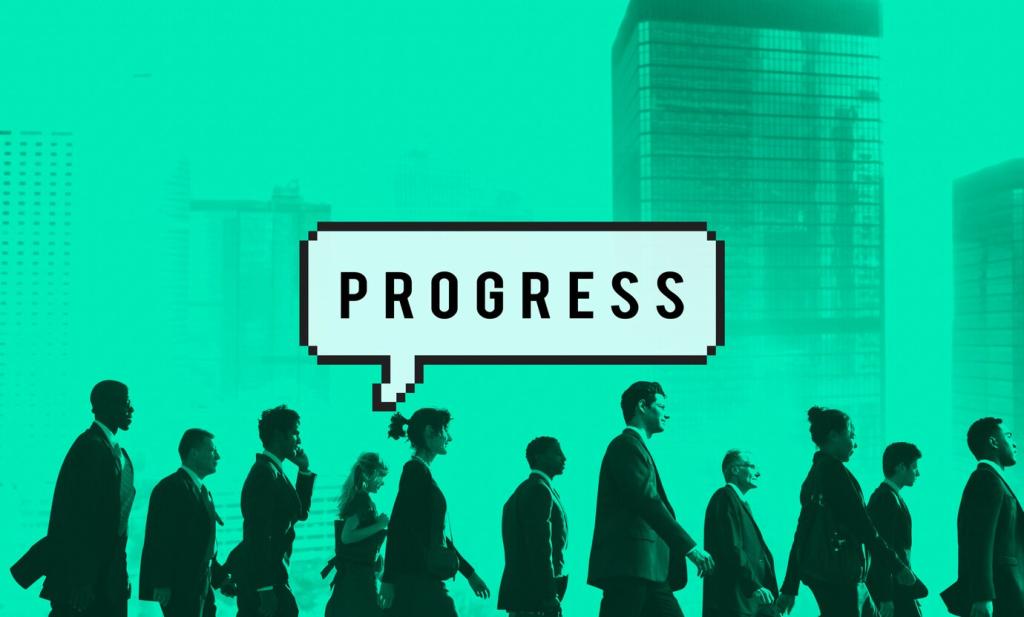Mastering Effective Networking Techniques

Know Your Why
People feel when you’re collecting business cards versus building trust. Write a one-line purpose, like “I’m here to learn how founders validate ideas.” When you share a sincere purpose, conversations open naturally. Comment with your purpose to practice stating it clearly.

Adopt a Generous Posture
Enter every interaction asking, “How can I help?” Offer introductions, resources, or thoughtful feedback. This giver’s mindset compounds over time and quietly builds a reputation that precedes you. Try it this week, then report one helpful action you took and its outcome.

Define Specific Targets
Vague goals create vague conversations. Choose tangible outcomes like “meet three iOS engineers” or “learn one email onboarding tactic.” Specificity reduces social friction and helps others help you. Share your week’s target below so we can hold you accountable together.
Make Strong First Impressions

Approach with open shoulders, make comfortable eye contact, and greet with a paced, warm hello. Skip the rushed elevator pitch. Instead, ask one thoughtful question, then listen fully. Presence communicates competence and care more reliably than any memorized tagline you could deliver.
Tell Stories People Remember
Share a moment, a decision, and a current mission: “I left healthcare analytics after noticing patient feedback missing from decisions; now I’m building tools to fix that.” Specific moments are sticky. Draft yours, post it below, and we’ll help refine the phrasing.
Tell Stories People Remember
Replace abstractions with sensory specifics: name the city, the prototype, the lesson learned at 2 a.m. These details make you memorable and open doors for relevant introductions. Include one concrete detail in your next conversation and report how it shifted the dialogue.
Tell Stories People Remember
Close with an open loop like, “I’m testing three onboarding emails this week; want to compare notes Friday?” Co-creating small experiments bonds people. Suggest a micro-collaboration in the comments and find a partner from our readers today.
Master Digital Networking
Lead your bio with a simple value line: “I help nonprofits turn supporter data into action.” Use a friendly headshot and pin one proof point. Make it easy to contact you. Drop your headline draft below and invite feedback from fellow readers.
Master Digital Networking
Reference something specific, respect time, and suggest a clear next step: “Your post on onboarding metrics helped me avoid a churn trap. Could we trade five minutes on your survey design?” Authenticity beats length. Share a template you’ve used and what reply rate you saw.


Navigate Events and Conferences
Prepare a Micro-Map
Scan the agenda, identify three sessions and five people you hope to meet, and draft two thoughtful questions for each. Preparation turns chance into choice. Post your event targets and we’ll crowdsource smart questions from our community.
Join or Create Small Circles
Look for groups of two or three, approach from the side, and offer a gentle opener tied to their topic. If the room feels closed, start a mini-huddle by asking a timely question. Report back on one small-circle conversation that surprised you.
Exit With Grace and Next Steps
Close with warmth: “This was great—mind if I send that article we discussed?” Confirm preferred contact, then jot context notes immediately. A gracious exit preserves energy and builds continuity. What is your favorite exit line? Add it below for others to test.
Sustain Relationships Over Time
A spreadsheet or notes app works: name, context, last touch, next helpful action. Review weekly and add one meaningful touchpoint. Structure beats memory. Share your tracker format and we’ll compile reader templates for everyone to download.

Treat each interaction as a low-risk experiment with high learning value. You are not auditioning for worthiness; you are testing fit. This mindset softens edges and invites curiosity. Try it this week and share one small insight you discovered.

